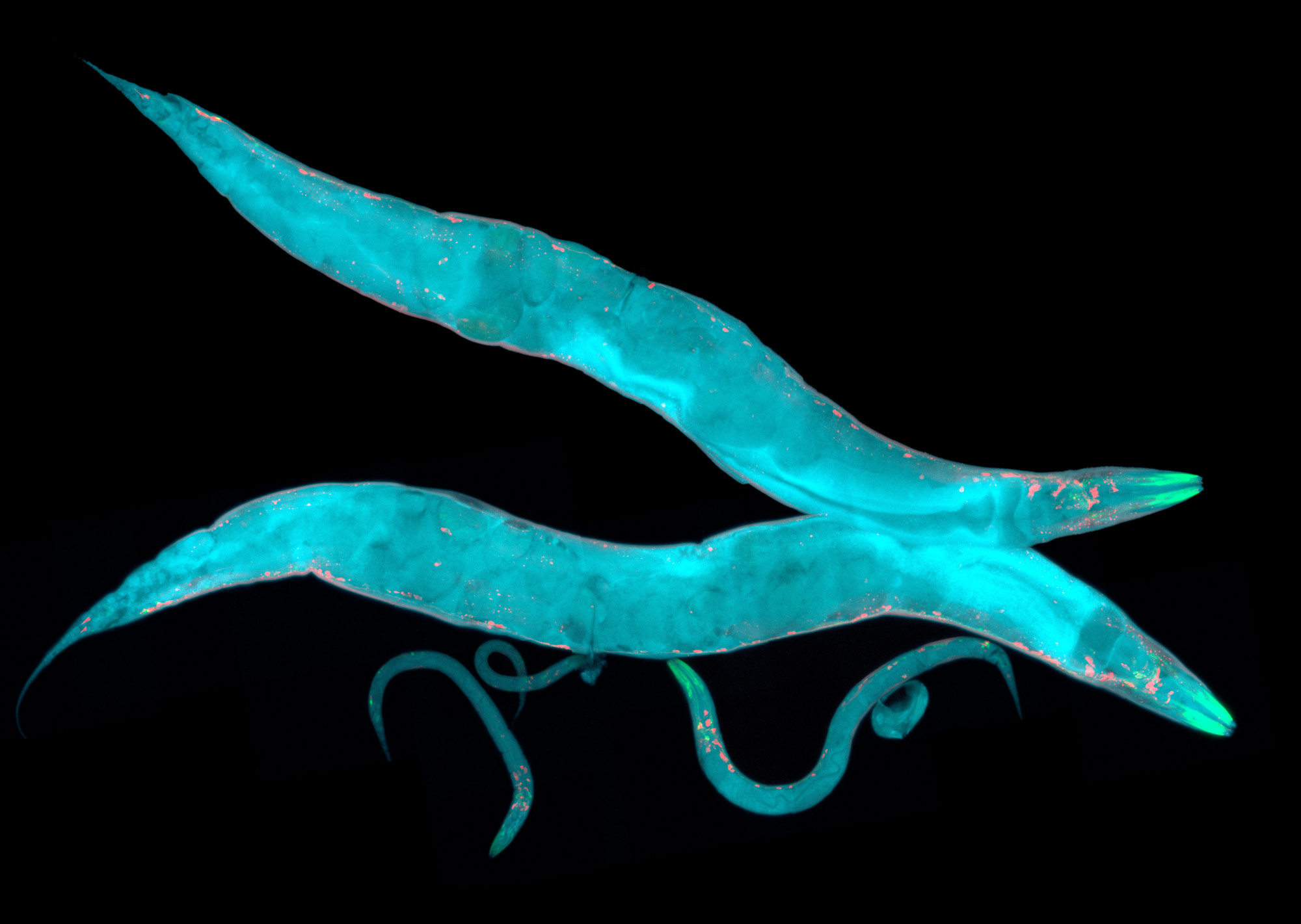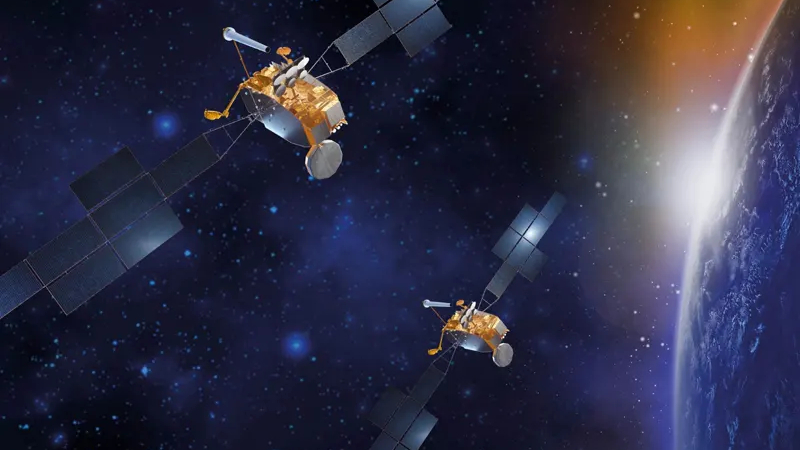Delay of SpaceX Launch May Mean 36,000 Wormy Passengers Are Too Old for Their Planned Experiments

Thousands of microscopic worms will be launched into space — wriggling around in SpaceX's next cargo shipment to the International Space Station aboard the SpaceX Dragon.
But the launch, which was planned for today (Dec. 4), has been postponed to tomorrow, and scientists are now worried that the worms will be a day "too old" for some of the planned experiments, according to the BBC.
If all goes well in spite of the delay, these tiny but mighty creatures with muscle structures very similar to that of humans, might help us understand why and how astronauts lose muscle mass in space. [Photos: The First Space Tourists]
In the absence of gravity, people do not have to use as much muscle to move around and support themselves — so their unused muscles begin to waste away. On a long mission, astronauts can lose as much muscle as they would if they had aged from 40 to 80 on our planet, according to The Conversation.
Though this is a well-known problem, and astronauts do hours of exercise in space each day to slow down the loss, there is nothing yet that can prevent it, according to The Conversation article written by sports scientist Christopher Gaffney and physiologist Bethan Phillips.
To test possible prevention drugs and figure out the molecular underpinnings of muscle loss in space, scientists will pack 36,000 of these worms, called C. elegans, into plastic bags and ship them up to the International Space Station.
There these worms, each smaller than the thickness of a dime, will be left to live and reproduce for about 6.5 days, after which they will be frozen, until their planned return to Earth in a couple of months, according to Live Science's sister site Space.com.
Breaking space news, the latest updates on rocket launches, skywatching events and more!
There are many analyses planned for these tiny critters. Scientists will look at their brain cells for signs of stress and how they affect or direct their muscles up in space, according to The Conversation article.
Some of the worms were treated with drugs that could potentially prevent muscle loss by targeting genes that were previously shown to be expressed less in space than they are on our planet, according to The Conversation. Meanwhile, other worms had their genes altered such that they took up more or less glucose — a process that gets less efficient with aging on Earth and with spaceflight.
At the time of launch, the worms should have just been turning into adults — and because of this one-day delay in a creature that has a life span of only a few weeks, scientists may have to rely on back-up colonies, according to the BBC.
Originally published on Live Science.


